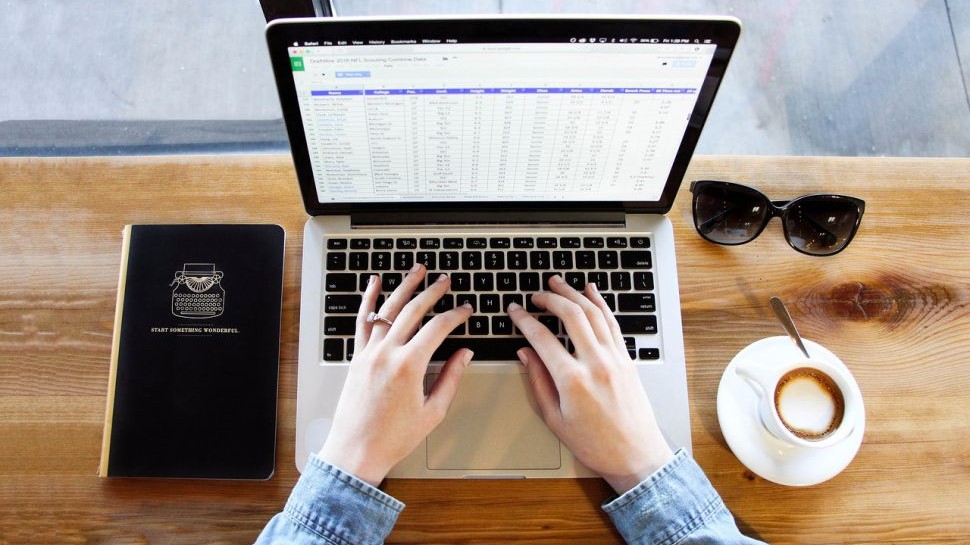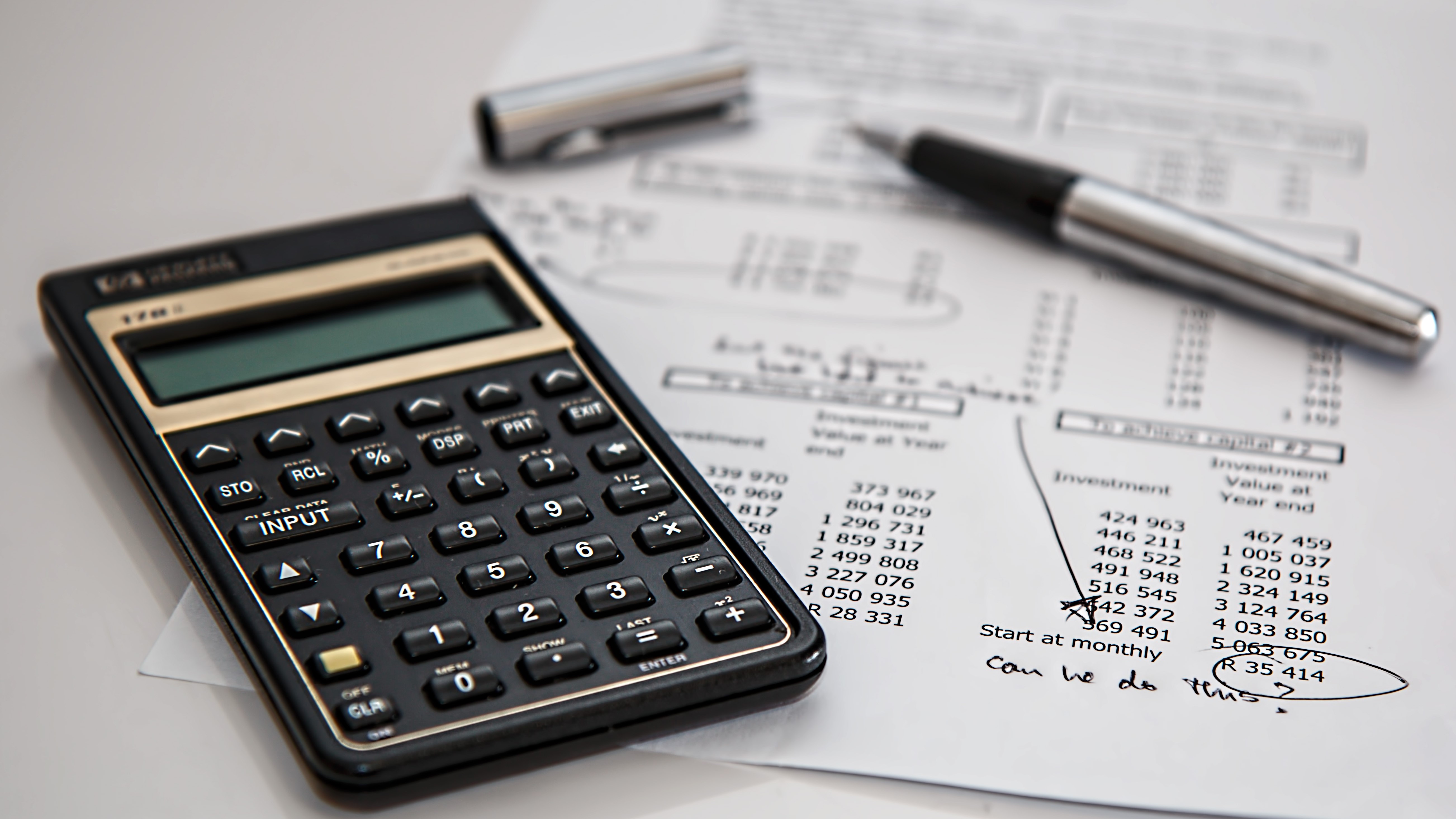Seven common Making Tax Digital myths busted
Clearing up the confusion surrounding MTD

It may be around the corner, but there is still a lot of confusion around Making Tax Digital (MTD) and its implications. So how can we tell fact from fiction?
Here are seven myths and misconceptions around MTD that you may have heard.
- Coming to terms with Making Tax Digital
- What are the unexpected benefits of Making Tax Digital?
- Making Tax Digital: nudging the UK’s small businesses into a digital future
1. Making Tax Digital has been delayed
The roll-out of MTD is already well underway with MTD for VAT, the first major phase of the initiative, set to begin on 1st April this year. Under MTD for VAT, businesses with a turnover above the VAT threshold will have to keep digital records and submit quarterly VAT returns using MTD-compatible software.
HMRC has also said it will look to widen the scope of Making Tax Digital to include Income Tax and Corporation Tax from 2020.

2. Spreadsheets can do the same job as any digital tax software
Spreadsheets are great for some tasks, but have you ever tried accounting software and compared the two?
You’ll soon find that a powerful accounting system goes far beyond anything that even the most complex spreadsheet can manage. Spreadsheets are also incompatible with Making Tax Digital, as they can’t submit your business’s financial records relating to VAT in a way that’s compliant with MTD.
Under the new MTD legislation, VAT returns have to be submitted directly to HMRC via a digital link – with a basic spreadsheet this is impossible. If the spreadsheet is combined with specialist ‘bridging software’ a digital link can be created; however, bridging software does not fulfill the other requirements of MTD for VAT, such as keeping digital records and maintaining digital links between data.
Are you a pro? Subscribe to our newsletter
Sign up to the TechRadar Pro newsletter to get all the top news, opinion, features and guidance your business needs to succeed!
3. Making Tax Digital is hugely unpopular
A change as big as Making Tax Digital is bound to cause a stir; however, the evidence points to people feeling positive about the prospect of a new digital tax system. Many small businesses have already digitised their bookkeeping, to positive effect.
Through MTD, recording will be more accurate, providing fewer opportunities for errors, miscalculations and fraudulent activity. The process will also be faster, helping businesses, accountants and HMRC save valuable time.

4. A digital tax system will be difficult and too technical for most people
Millions of businesses already manage tax online with 99% of VAT returns, 98% of Corporation Tax returns and 86% of Self Assessment returns currently submitted digitally.
Even if you’re one of the 14% who don’t yet submit their Self Assessment tax returns online, HMRC has promised advice and support throughout the process that will make navigating your digital tax account as simple as possible. Web chat is already available via your digital tax account, so you can chat to HMRC at a time that suits you.
5. HMRC will provide free software that I can use
HMRC has confirmed that it will not be directly providing software. This really means that the onus is on you to find a digital accounting solution that works for your business.
With little time left before you need to transition to digital record keeping for MTD for VAT, and just over a year for Income Tax and Corporation Tax, now is the time to start looking.
6. Making Tax Digital will mean more records
The introduction of Making Tax Digital will not mean that businesses will need to keep any more records that they already do, as the goal is to simplify the UK’s tax system for everyone involved.
HMRC has confirmed this, adding that the digitisation of business records will contribute to reduce business burdens by £400m, so forcing businesses to keep extra records would be counterproductive.

7. Digital record keeping is going to be a huge hassle
Some small business owners may be wary about the introduction of MTD - especially if they have been using traditional bookkeeping methods to manage their tax affairs. However, with a wide variety of bridging software (applications that extract the contents of a spreadsheet and uploaded it to HMRC) and digital accounting software options to choose from, these businesses should be able to choose a MTD solution that is right for them relatively easily.
Additionally, if small business owners opt for a switch to digital accounting software, MTD represents a chance for them to streamline their financial admin and gain a better understanding of their finances. Users can see their tax liabilities building up over time, which prevents any nasty last-minute surprises.
By integrating their software directly with their bank account, they can also cut down on manual data entry tasks and many of the other time-consuming parts of daily business admin, such as chasing unpaid invoices, can also be automated through software.
Ed Molyneux, CEO at FreeAgent
- We've also highlighted the best UK tax software
